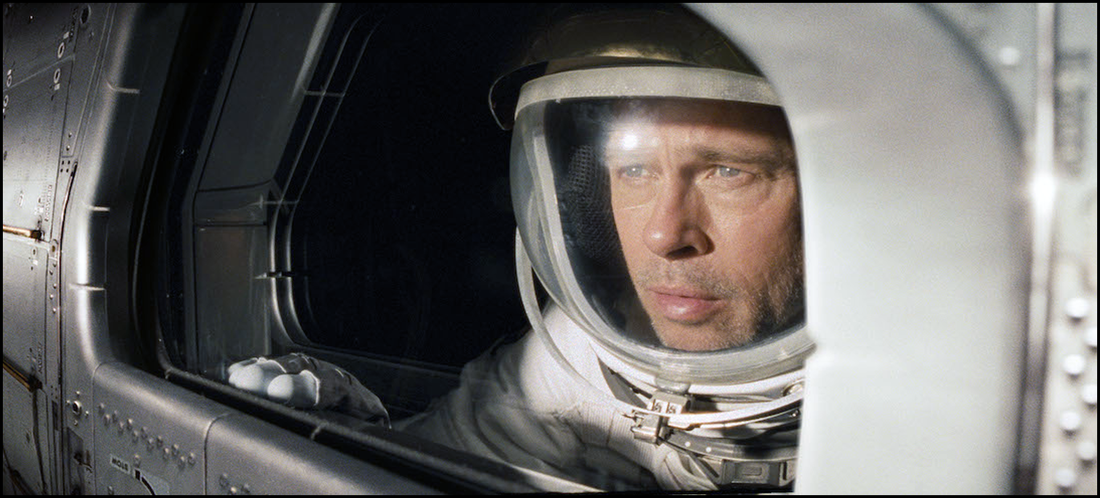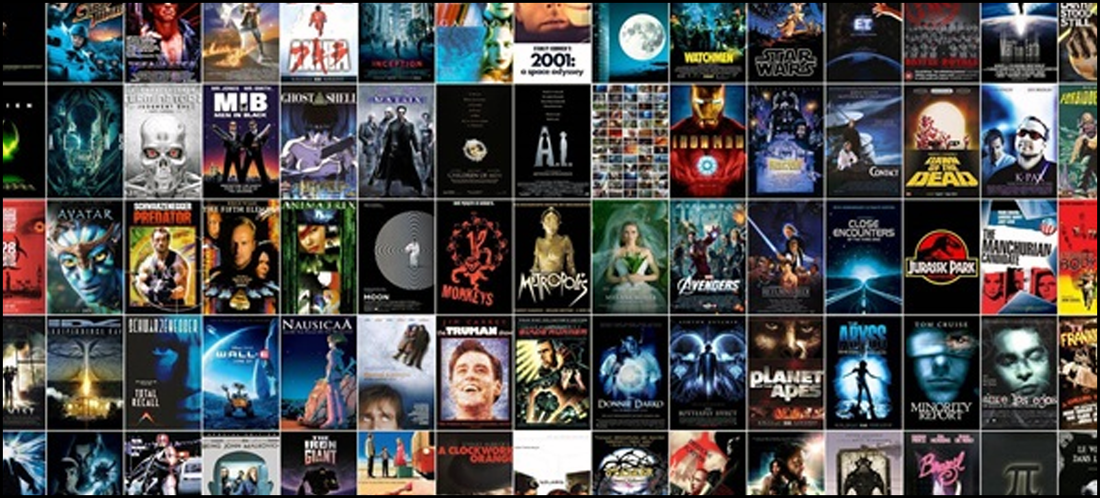Greetings and salutations, gentle readers!
Not all that much to update this morning and I've been both battling a bit of an infection (it's not COVID, dammit) as well as taking time off to help the wifey celebrate her birthday. So this week I've had very limited time to get online and do much of anything. Hopefully things will be back to normal next week, and I can get the occasional think piece in line for those who read that sort of -- ahem -- journalism these days.
Still, I've put up some tidbits on the MainPage area of SciFiHistory.Net, and I'll list them below for interested parties to check them out today, tomorrow, or at your leisure:
Doctor Who's Scariest Villain Ever!
That's right! One of SciFi and Fantasy's richest properties has definitely served up plenty of scares throughout the decades ... but which one has viewers found scariest? The answer might surprise you, though it didn't me.
Superheroes Wear Masks ... But For Different Reasons
No, no, no. I'm not anti-Science, though I'll easily admit I don't 'get' all of the science involving mankind's most recent pandemic. In any event, I don't like fictional characters giving me advice for real-world problems. So there.
What Might Our First E.T. Look Like?
I think that's a question for the ages, though I have done some reading that suggests we might be our galaxy's original E.T. Still, it's always interesting when science-y types sound off on what other alien species could look like.
There's More Galactica In Our Future
Though there's no word on if and/or when, NBC Universal is definitely interested in returning to the 'Saga Of A Star World,' and the truth is that we may be getting both new versions for the silver screen and the small one. Frakkin' cool, no?
George Clooney Is Watching 'The Midnight Sky'
An adaptation of a popular SciFi/Apocalypse novel, 'The Midnight Sky' is coming to show us the end of the world as we know it this December. Looks like it'll be in (select) theatres as well as on the popular streaming service.
Amazon Continues Growing 'The Expanse'
I've struggled with this show. It's meaty -- meaning a bit heavy on the brain -- and arguably one of the smartest SciFi's to come along in years. Thankfully, Amazon salvaged it once it was cancelled by Syfy, and there's more on tap very soon.
Click on any of the links above, and you'll be directed to the respective posts on our MainPage. There are other links within a few of them back to the source material for those of you who'd like to know more.
As always, thanks for reading ... and live long and prosper!
-- EZ
Not all that much to update this morning and I've been both battling a bit of an infection (it's not COVID, dammit) as well as taking time off to help the wifey celebrate her birthday. So this week I've had very limited time to get online and do much of anything. Hopefully things will be back to normal next week, and I can get the occasional think piece in line for those who read that sort of -- ahem -- journalism these days.
Still, I've put up some tidbits on the MainPage area of SciFiHistory.Net, and I'll list them below for interested parties to check them out today, tomorrow, or at your leisure:
Doctor Who's Scariest Villain Ever!
That's right! One of SciFi and Fantasy's richest properties has definitely served up plenty of scares throughout the decades ... but which one has viewers found scariest? The answer might surprise you, though it didn't me.
Superheroes Wear Masks ... But For Different Reasons
No, no, no. I'm not anti-Science, though I'll easily admit I don't 'get' all of the science involving mankind's most recent pandemic. In any event, I don't like fictional characters giving me advice for real-world problems. So there.
What Might Our First E.T. Look Like?
I think that's a question for the ages, though I have done some reading that suggests we might be our galaxy's original E.T. Still, it's always interesting when science-y types sound off on what other alien species could look like.
There's More Galactica In Our Future
Though there's no word on if and/or when, NBC Universal is definitely interested in returning to the 'Saga Of A Star World,' and the truth is that we may be getting both new versions for the silver screen and the small one. Frakkin' cool, no?
George Clooney Is Watching 'The Midnight Sky'
An adaptation of a popular SciFi/Apocalypse novel, 'The Midnight Sky' is coming to show us the end of the world as we know it this December. Looks like it'll be in (select) theatres as well as on the popular streaming service.
Amazon Continues Growing 'The Expanse'
I've struggled with this show. It's meaty -- meaning a bit heavy on the brain -- and arguably one of the smartest SciFi's to come along in years. Thankfully, Amazon salvaged it once it was cancelled by Syfy, and there's more on tap very soon.
Click on any of the links above, and you'll be directed to the respective posts on our MainPage. There are other links within a few of them back to the source material for those of you who'd like to know more.
As always, thanks for reading ... and live long and prosper!
-- EZ







 RSS Feed
RSS Feed